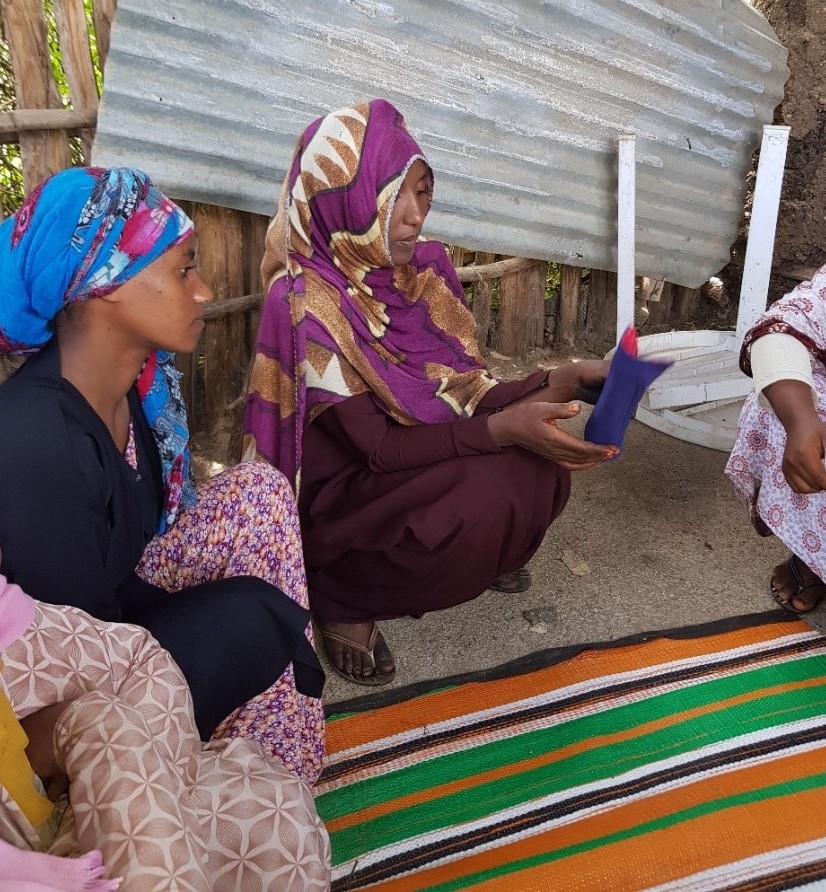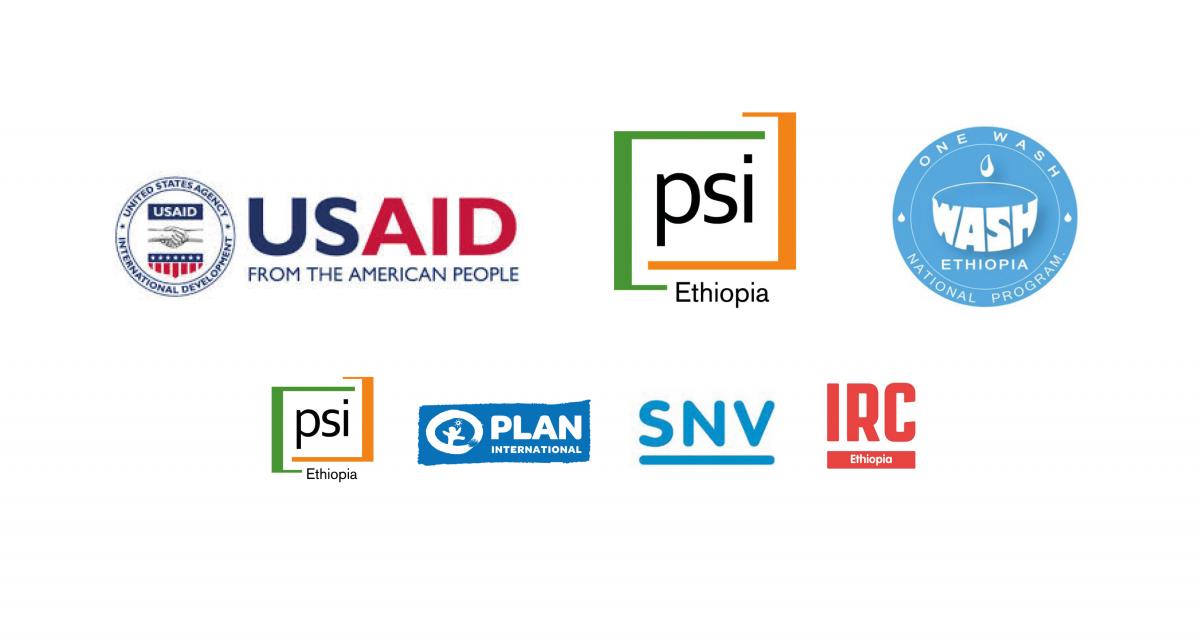Have you ever wondered how the average rural girl manages her menstruation, how she experiences menarche (her first period), a new terminology I learned during my participation in a research that aims to test acceptability of re-usable pad in Harbu kebele of Amhara region.
Published on: 27/06/2019

Fellow researchers and I posed these and other interesting questions to selected females in the area during our week's stay. To one of our research participants, it was her husband that first openly spoke to her about menstruation. She explained "I refused to take off my underwear because I was experiencing an 'unfamiliar flow'". Another astonishing fact we learned in the more rural area of Harbu kebele is that girls are perceived as undesirable if they experience menarche before they get married and so hide it, which might lead to complete lack on information on how to manage it. These are the realities, barriers faced in some areas that call for action through intensive awareness creation in schools, health centers/posts, markets and anywhere rural females spend their time.
Thankfully, as days went by, we learned these are the exceptions. Nowadays most women and girls are better informed about menstruation and its hygienic management than ever before. Kudos to the local schools, health extension workers and in some cases, mothers and older friends who already experienced menstruation for this leap towards increased awareness/openness.
Most of these girls and women, having a low economic background use 'torn piece of clothing' alternatively with disposable pad to manage menstruation. They prefer the disposable pad to avoid the washing experience but can't completely rely on it because of its cost implication.That's where PSI/E's Transform WASH project intervened to test the acceptability of a re-usable pad known as 'MariamSeba', with volunteer users and retail shops.
The result was remarkable; all women who used the sample pads enjoyed their experience with the product. "It was very comfortable with good absorption and a fitting size", ''I prefer it even to the disposable pad'', ''It was easy to wash'' were only some of the optimistic feedbacks received.
Additionally, the selected shops showed a keen interest to stock the products convinced of its health benefits for users and the community. Great news for us! since we are the first to dare and explore this market; previously re-usable pads were distributed for free to low economic households by various humanitarian organizations.
Preliminarily analysis of our assessment shows, the product is in high demand by businesses as well as consumers, which translates into a thriving market. Community members agree, the reusable pad is not only preferred for its comfort and affordability but also friendly to the rural environment, which currently has no appropriate means of disposal for the disposable pad. Looks like it not just two, but three birds with one stone. This product will help achieve health impacts to the fullest. We have taken a huge step forward in providing an option that will ease the financial burden of low-income households.
This activity was carried out by USAID fund.
This is an ongoing series of blogs and publications by IRC under the USAID Transform WASH project. Please click here for all IRC’s work on this project.
USAID TRANSFORM WASH sets out to improve water, sanitation and hygiene (WASH) outcomes in Ethiopia by increasing access to and sustained use of a wide spectrum of affordable WASH products and services, with a focus on sanitation. It does so by transforming the market for low-cost, high quality WASH products and services: stimulating demand at community level, strengthening supply chains, and building the enabling environment for a vibrant private market.
USAID TRANSFORM WASH is a USAID-funded project implemented by PSI in collaboration with SNV, Plan International, and IRC. The consortium is working closely with government agencies including the Ministry of Health, the Ministry of Water, Irrigation and Electricity, the National WASH Coordination Office and regional governments.

At IRC we have strong opinions and we value honest and frank discussion, so you won't be surprised to hear that not all the opinions on this site represent our official policy.